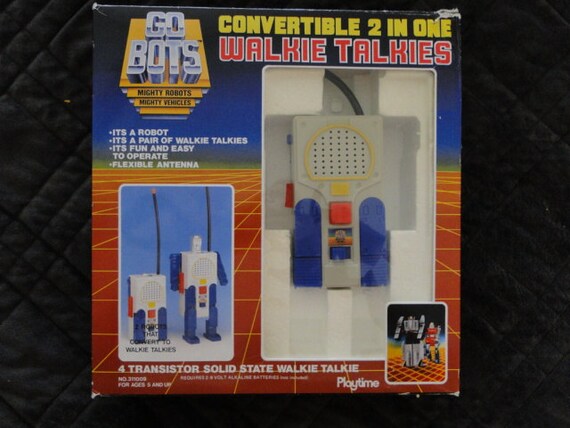Which videogames crash? I don't recall a videogames crash, and I played new releases (out of hundreds per year) for the whole of the 80s. Was it a US-centric thing?
The video games crash was when the sale of cartridge video games plummeted toward the end of 1983, and both Atari's and ColecoVision's success ended in the home video game market. Nobody really picked up the slack until the Nintendo Entertainment System started to become really successful, which didn't really happen in North America until 1986.
Atari's crash was basically a result of Warner (the company that owned Atari by then) getting the impression that producing video games was equivalent to a license to print money, with no regard for what they were actually selling. They didn't keep their most successful developers happy, and the developers left to form Activision. They started shoveling poor games to the public, who predictably (to someone who actually played games) didn't buy them. They released a new generation of console (the Atari 5200), but they didn't support it with a good game library. Also, the 5200 controller's directional control was too sophisticated and the controllers tended to break down and not be liked by their audience. Atari also weren't ready to compete with ColecoVision or even Activision in the game cartridge market.
At the time of the crash, the conventional wisdom was that video games were a fad that was waning and being replaced by the home computer. This lead Coleco (rather than working on trying to develop better games) turning their attention to the home computer market, and the Adam computer. They didn't handle the Adam's manufacture and launch all that well, and quality control issues lead to it developing a reputation for unreliability. It turned out to not survive the home computer market shake out (which first lead to only PC compatibles, Apple Macintosh, Commodore Amiga, and Atari ST computers surviving, and a little later to only PC compatibles and Apple Macintosh computers being left).
When the Nintendo Entertainment System hit the market with innovative and complex (at the time) games like Super Mario Brothers and The Legend of Zelda, it was just what the gaming public had been waiting for, and it turned out that video games weren't just a fad after all.
Of course computer games picked up the slack to some extent in the meantime.
Edit: Incidentally, I knew a lot of people who worked for Coleco until their bankruptcy in 1988 (my grandmother, father, uncle, mother, and sister all worked for Coleco at one time or another). Their three biggest factories happened to be located in or near relatively small towns in the area where I lived (and still do). Their largest factory became a Hasbro factory before later being shutdown altogether.


